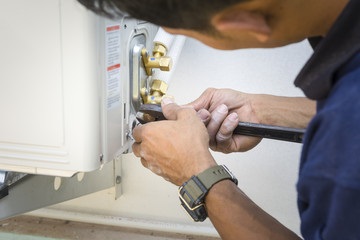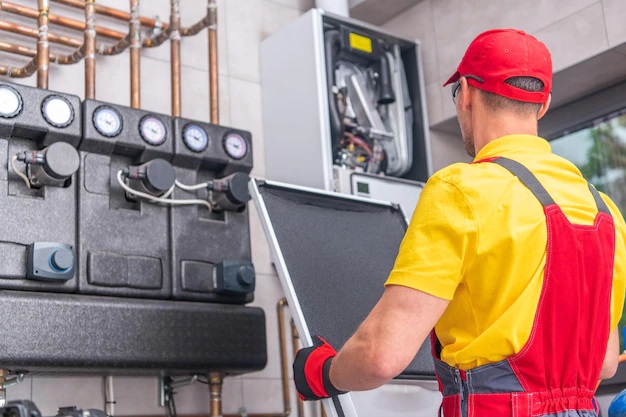Introduction
Old or malfunctioning furnaces can cause a variety of problems in your home, ranging from mild discomfort to outright disaster. When it comes to furnace repair, it’s important to know what to do and how to prepare for the biggest appliance purchase of your life. In this blog post, we’ll go over the most important things you need to know before your furnace repair is done. From choosing the right type of furnace to making sure it’s properly maintained, read on to learn all you need to know about furnace repair!
What to do When your Furnace Repair is Done
When it comes to furnace repair, there are a few things you need to know. Make sure to turn off all the HVAC systems in your home before entering, as this will prevent any accidental fires. Next, check for any signs of damage, and if so, disconnect the septic tank line if necessary. Finally, clear a path through any furniture or objects in the way so you can get access to the furnace unit. Once you’ve got everything set up, unplug all of the electrical wiring and take note of where it goes – you’ll need it later on when reinstalling your furnace unit.

Which Type of Furnace Should I Buy?
One of the most common home repairs is furnace repair. It’s important to know the different types of furnaces so you can choose the right one for your needs. There are three main types of furnaces: heat pump, forced air, and oil. Each has its own set of benefits and drawbacks, so it’s important to choose the right type for your home. For example, a heat pump furnace is a great choice if you want to save energy cost over time. Regardless of which type of furnace you choose, be sure to keep the following in mind: make sure it’s compatible with the heating system in your home, make sure it’s installed by a professional, and always have a heating system maintenance plan in place.
Why Furnace Repair is Important
Furnace repair is important for a few reasons. First of all, it can prevent major damage to your home and property. If your furnace isn’t working properly, it can overheat or even fail completely. This can lead to problems like water damage, frozen pipes, and even fire. A good furnace repairman will diagnose the problem and recommend a solution that’s tailored to your specific situation. If you’re in need of furnace repair, make sure to get quotes from several providers so you can choose the best one for your needs!
Types of Furnaces
In this article, we’ll be covering the basics of furnace repair so that you can have a better understanding of what’s going on and make the repair process a bit easier. First, we’ll talk about the three types of furnaces – central heating, gas heaters, and electric heaters. Next, we’ll cover regular maintenance procedures that need to be carried out on all types of furnaces.

How do I Schedule a Furnace Repair?
It is important to schedule a furnace repair as soon as you notice any signs of trouble. The sooner the technician arrives, the better – this will save you money in the long run. In addition to being qualified and experienced, your technician should be called by a licensed heating and air conditioning contractor. Make sure you have all the relevant paperwork related to the repair completed before the technician leaves so there are no misunderstandings or discrepancies once he or she arrives.
Conclusion
If your furnace is not heating up or is making strange noises, it might be time for a repair. By following the simple steps outlined in this blog, you can ensure that your furnace repair is a smooth and easy process. Make sure to read through the different types of furnaces before making a purchase, so you pick the right one for your home. In addition, be prepared for the repair by preparing yourself in advance and storing essential items in an accessible place. Thank you for reading and we hope this blog was helpful.









